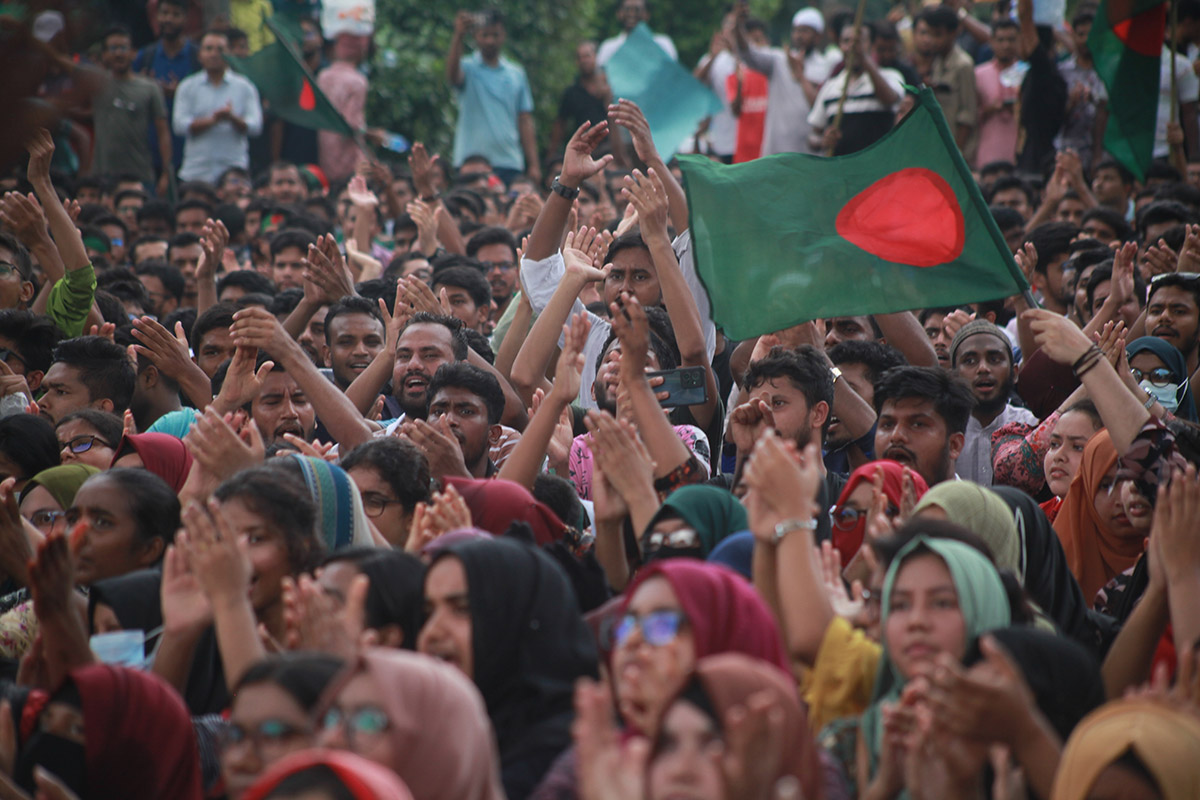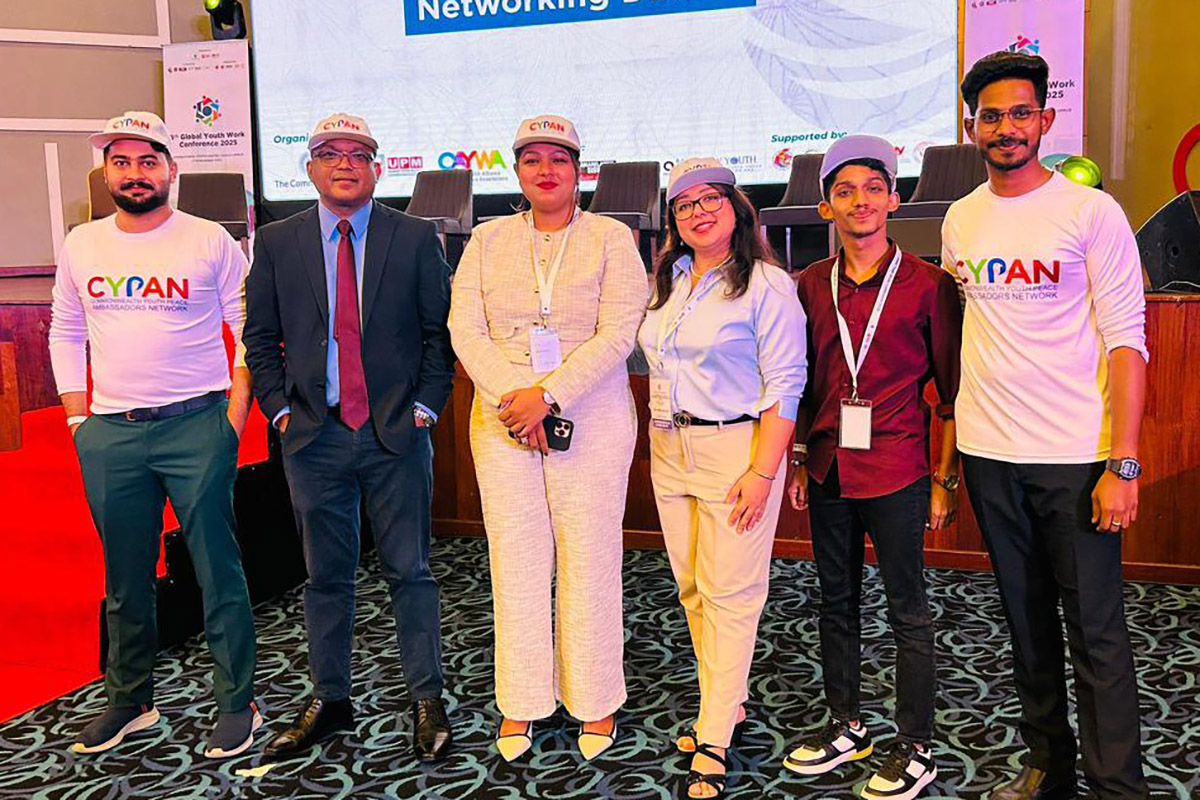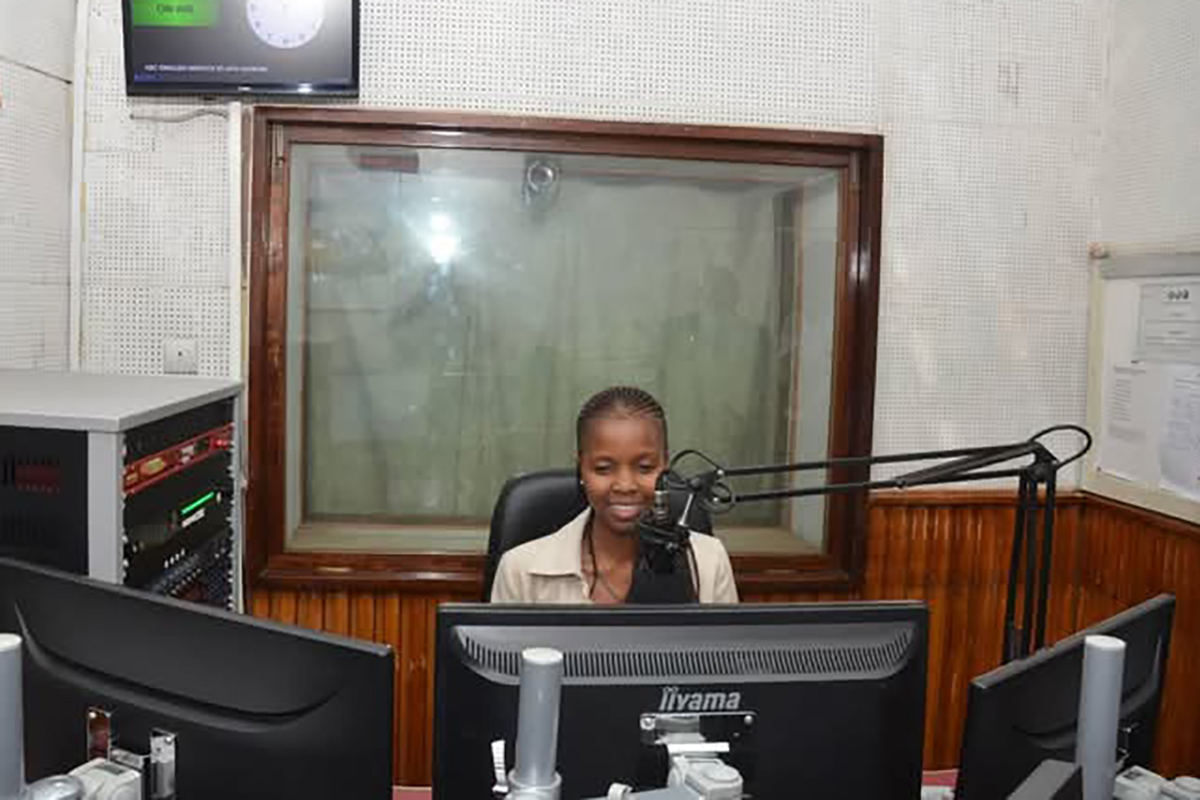Bangladesh – A Nation Incarcerated
August 2by Monica Islam
The Corona pandemic and the subsequent lockdowns were very depressing for me as I am someone who is accustomed to going outdoors and spending some time amidst nature. I am not very addicted to social media and other technological gadgets (although they help in beating boredom and loneliness to some extent).
During Corona pandemic, I would be frustrated at not being able to catch just a glimpse of the blue sky. The fear of getting Corona-infected was monumental too. But still, I could not resist taking a walk nearby with my full preventive gear on, i.e. masks and protective clothing. Our next best alternative to keeping us occupied was social media and technology.
As my beloved country Bangladesh declared a curfew without any prior notice and with intermittent breaks, I am reminded of the terrible Corona pandemic, the subsequent lockdowns and the mental health deterioration that came along with them.
The sad story began something like this. During the recent students’ quota reform movement in Bangladesh, the students declared a ‘national shutdown’ for a day. When I tried to hire an Uber vehicle just to get a ride around my neighbourhood as was my daily routine, there was no response, i.e. there were no cars available. My heart sank a bit but I was confident that it was a matter of only a day. I can live through this, I thought to myself. Soon, there was news flooding the TV and social media channels that there was violence on the streets, taking place between the students on one side and the police and the ruling party students on the other.
The situation took a nasty turn when the nation got to know that more than 100 people had been killed in broad daylight and scores of more people were injured. In an emergency response, the government suddenly deployed army troops and imposed a nationwide curfew with only a few hours of break in between to accommodate urgent travels. But hey, I was living in Gulshan, usually a protected posh area in Dhaka, the capital city of Bangladesh. The violence would not roll down here. I was wrong. My family and I huddled in the center of our home with eyebrows raised in suspicion and fear as we heard gunshots! Since the curfew was announced abruptly, we had limited food in our stock. We just ate a bowl of boiled egg noodles for brunch each and sat on the couch, praying for the well-being of others in my country.
As we were reeling from worry, another hasty and disgusting move came from the government. There was a digital curfew, i.e. a nationwide Internet shutdown. That put a nail in the coffin! We were suddenly disconnected from the world. At least during the Corona pandemic, the picture was not so grim and we still had a means of staying in touch with others. But now, we were left completely in dark.
This is the story of a nation incarcerated and I lay down my case for justice to our international partners.
Monica Islam
We frantically tried making regular calls and sending messages through SMS, but the calls would drop after a ring or two, the voices would not be clear and the short messages would fail from being sent. We were facing telecommunications havoc. I sat on my bed, staring at the wall and ceiling. There was really nothing else to do. I could not venture out as it would be too risky to get caught up amidst the political violence.
During the curfew break, when we did go out to pile up on our food stock, we were in despair to see the streets and establishments deserted. There were not many food items in the groceries and whatever remained was extremely exorbitant in price! We still made do with whatever we could get and prayed for the many others who would not be able to afford this. There was a lot of concern and panic on the faces of every customer, every neighbour that we passed along on the streets. When we returned home, the only way to remain still relevant to the outside world was the TV.
We gathered around the TV but the information we were receiving was not complete, i.e. it was government-sponsored and it celebrated the measures the government was taking to control the situation. This continued for about five days, but the hours spent felt like years. The sheer desperation and isolation affected our mental health in inconceivable ways. At one point, we just wanted to know if others were safe and alive. We did not know when it would all be over. It felt like a hostage situation as our mouths were gagged and as an ordinary citizen, I would not be able to forgive the harbingers of such a disaster.
It is said that the impact of a war is fully understood only when the war is over. As Bangladesh is gradually returning to normalcy in terms of curfew, we are witnessing the horrific stories of people being killed, tortured, wounded, arrested and harassed. At least four innocent children have died in this chaos! I would request the authorities responsible for this mayhem to publicly and ardently apologize to the nation, independently investigate the matter and step down from their roles. I would also urge our leaders to refrain from putting us through such a depressing situation. This is the story of a nation incarcerated and I lay down my case for justice to our international partners.




